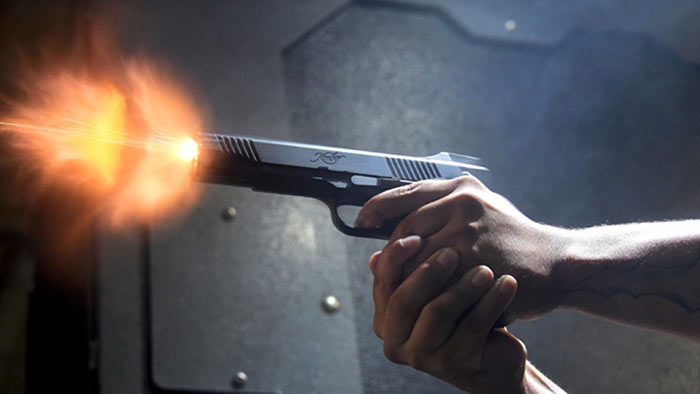Sri Lankan prosecutors seek to reopen student killing case

Sri Lankan prosecutors asked police on Tuesday to locate three key witnesses in the 2006 killings of five ethnic Tamil students, days after a judge dismissed charges against 13 policemen suspected in the case, citing a lack of evidence.
The attorney general’s department wrote to acting police chief Chandana Wickramaratne to say that evidence from two survivors of the shootings and the father of a killed student was needed to pursue the case. The three are believed to have left the country.
In dismissing charges against the suspects last week, the judge said the state could reopen the case if the three are located and new evidence is found.
Five students were shot at close range in January 2006 on a beach in Trincomalee in eastern Sri Lanka. The government said initially they were members of the now-defeated Tamil Tiger separatist group and died when a grenade they were carrying prematurely exploded. However, an autopsy found that they died of gunshot wounds, pointing to alleged involvement of police commandos in the vicinity.
The father of one of the victims was one of a few to speak out against the killings amid a climate of fear. He later left the country after threats.
The killings drew international attention and were seen as a test of whether Sri Lanka was committed to dealing with alleged atrocities during its long civil war.
International human rights groups denounced the acquittal of the 13 suspects.
“Sri Lankan authorities have proven unable to obtain justice for the murders of five young people and the resulting cover-up despite the considerable evidence available,” said Meenakshi Ganguly, South Asia director at Human Rights Watch. “The failure to convict anyone in this emblematic case after 13 years demonstrates the need for a court with international participation that can properly protect victims and witnesses.”
“The acquittals in the ‘Trinco Five’ case mean that the government’s obligation to bring to justice those responsible for the murders remains,” said Biraj Patnaik, South Asia director for Amnesty International.
Both the government and Tami Tiger rebels were accused of grave human rights violations during the civil war, which ended in 2009. According to conservative United Nations estimates, about 100,000 people were killed in the 26-year conflict.
(AP)
Latest Headlines in Sri Lanka
- Sri Lanka declares essential services to ensure recovery after Cyclone Ditwah January 31, 2026
- Sri Lanka disburses Rs. 50,000 relief to 70% of Cyclone Ditwah victims January 31, 2026
- Sri Lanka to launch national review on social media’s impact on children January 30, 2026
- Sri Lanka, Saudi Arabia move to boost industrial cooperation January 30, 2026
- Johnston Fernando, two sons and others further remanded until February 13, 2026 January 30, 2026


